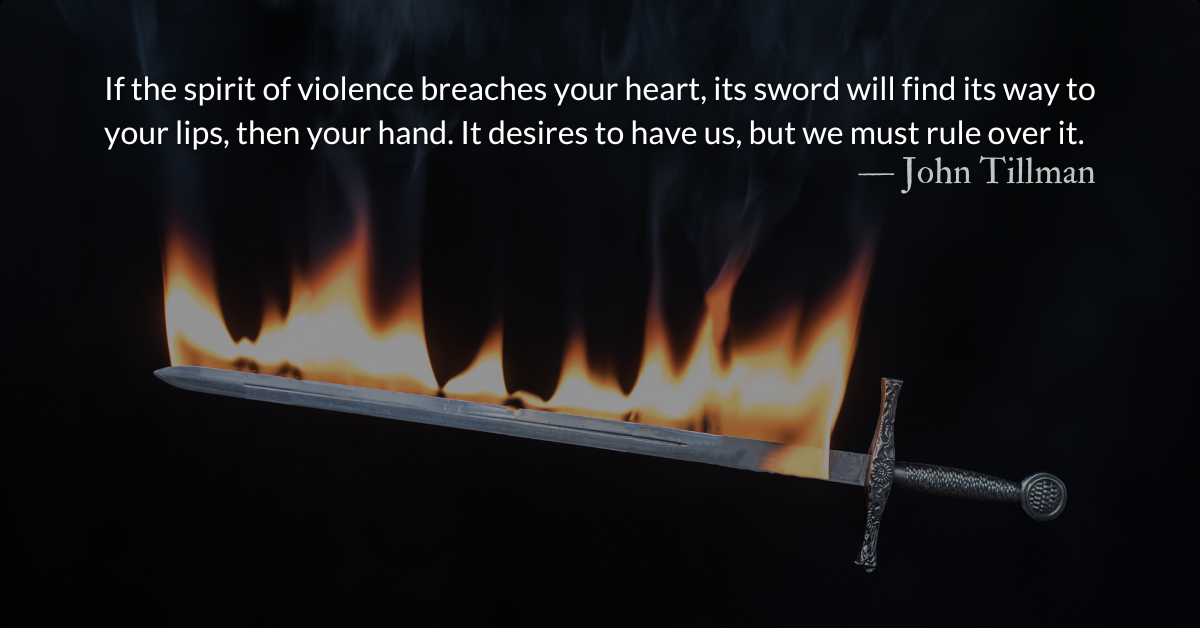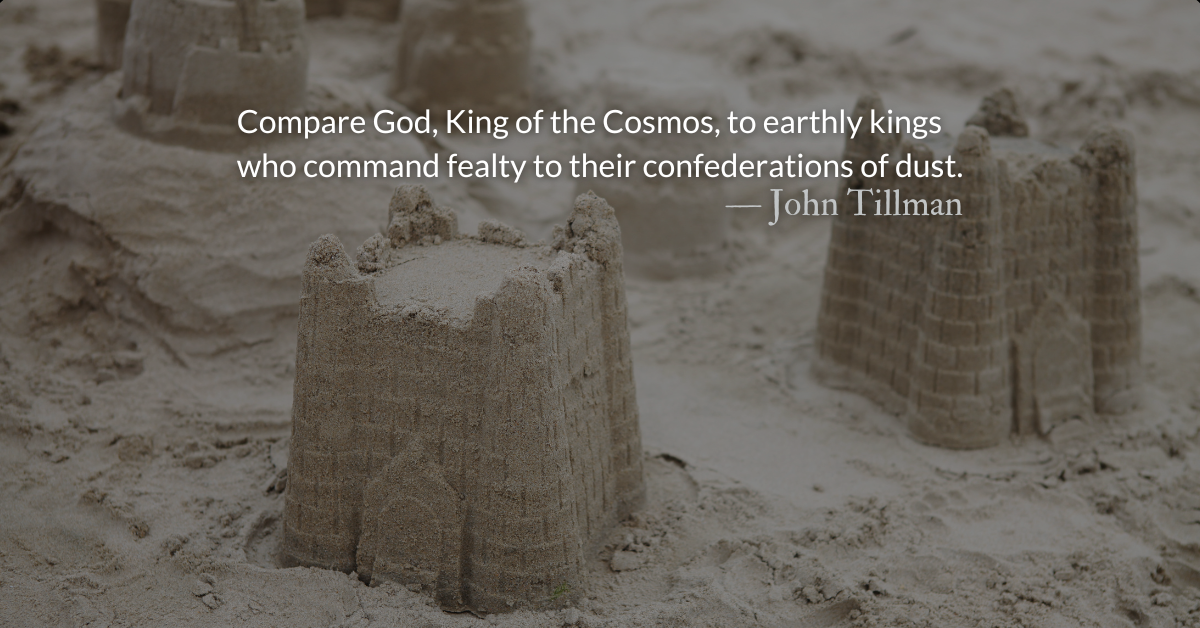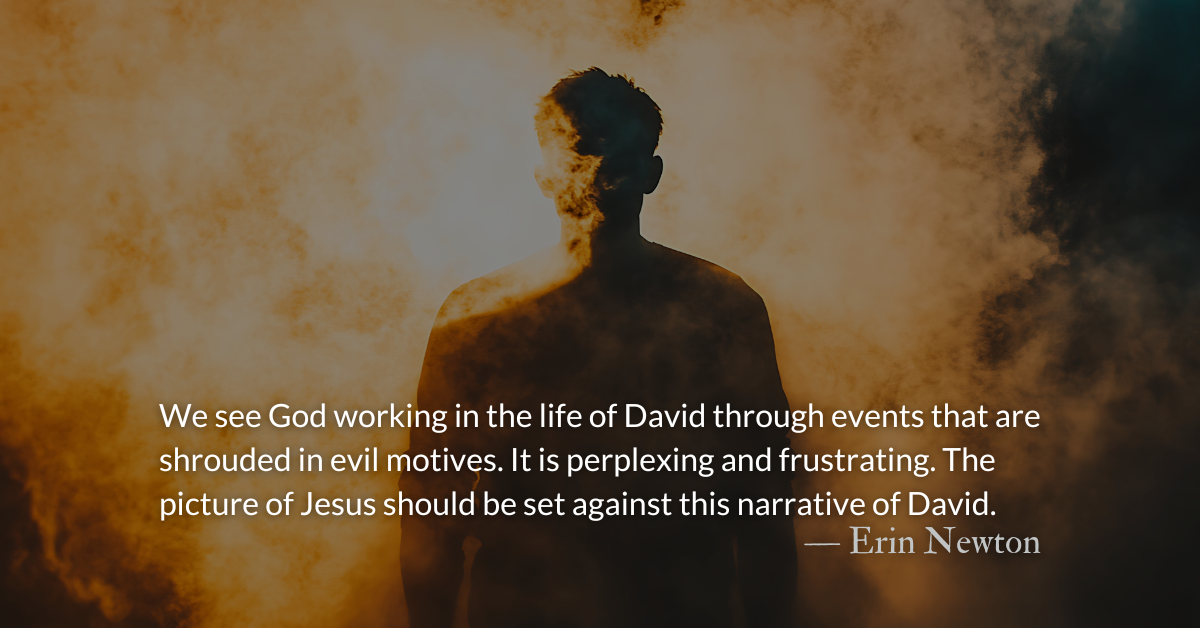Links for today’s readings:
Read: 2 Samuel 12 Listen: (5:25) Read: Revelation 20 Listen: (2:49)
Scripture Focus: 2 Samuel 12:7
Then Nathan said to David, “You are the man!”
Reflection: You Are The Man
By John Tillman
You are the man!
In many fields, such as athletic, musical, or business performance, “You are the man!” is a declaration of affirmation. It means, “You are the best! You are the G.O.A.T! You are the expert! You are an idol of what we admire!”
In a court room, “You are the man,” is an accusation. It says, “You committed this crime! You harmed this person! You are guilty!” Nathan the prophet was, in all likelihood, the first person to say, “You are the man” and he meant it in the moral, legal, accusatory sense. It was the climax of a dangerous confrontation between a ruler-gone-wrong and a truth-speaking prophet. David was the man who committed an evil act. Nathan put his life on the line for the truth.
Nathan was a close associate and friend to David—a supporter and confidant. He was predisposed to believe David was a good person and that God was with him. Just a few chapters earlier, when David mentioned building a temple for the Lord, Nathan gave David a blanket affirmation without even consulting God. “Whatever you have in mind, go ahead and do it, for the Lord is with you.” (2 Samuel 7.1-3)
However, after hearing from God, Nathan had to return to David to walk back his statement. “Are you the one to build me a house to dwell in?” (2 Samuel 7.5) That must have been a difficult message to deliver, but it isn’t until chapter twelve that we see Nathan’s finest hour. It’s easy to be like chapter seven Nathan, but few are willing to be chapter twelve Nathan.
It is important for us to remember that Nathan’s greatest prophetic moment was not speaking truth to powerful foes but to a powerful friend. Too often we reserve “You are the man” for enemies and “Whatever you have in mind, go ahead and do it.” for allies. We place politics above prophetic responsibility.
Everyone challenges their opponents to change. Followers of Christ are called to challenge the communities and individuals we are closest to. (Matthew 10.34-38) Our purpose is not retribution or rejection, but redemption and reconciliation. When we confront others, we must let our tone reflect the ministry of reconciliation that we have been given. (2 Corinthians 5.18-19)
Saying, “You are the man,” is part of our prophetic responsibility to friends and foes. But even as it accuses, it must simultaneously invite them back into community.
Divine Hours Prayer: The Refrain for the Morning Lessons
I will bear witness that the Lord is righteous; I will praise the Name of the Lord Most High. — Psalm 7.18
– Divine Hours prayers from The Divine Hours: Prayers for Summer
by Phyllis Tickle
Read more: Prophets Like Moses
Prophetic messages are often uncomfortable or inconvenient. Resist the urge to grumble against them as the people grumbled against Moses.
Read more: Prophetic Check Up
Abraham, Aaron, and Miriam leave a prophetic legacy for every man and woman in Christ. Pick up their mantle.






